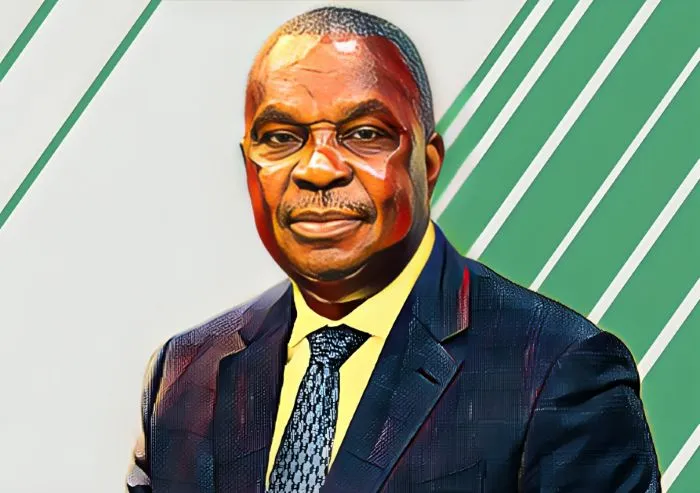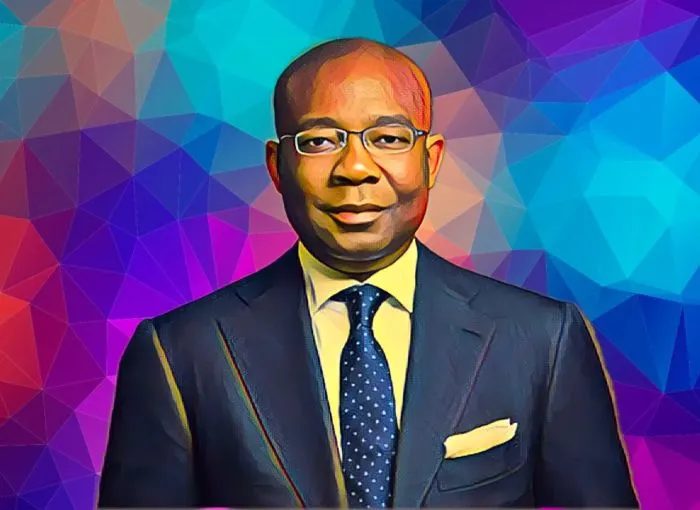Table of Contents
Key Points
- Seplat Energy has installed over 850MMscfd of gas infrastructure to boost domestic supply and reduce Nigeria’s reliance on imported fuel.
- The $800 million MPNU acquisition gives Seplat access to untapped gas reserves, aligning with Nigeria’s “Decade of Gas” initiative.
- Seplat cut bond debt by 87% through a $567.46 million repurchase, supporting plans to grow gas output by 390MMscfd in 2024.
Seplat Energy, the Nigerian energy company co-founded by Austin Avuru, is making bold moves to boost the country’s energy capacity. The company announced it has installed more than 850 million standard cubic feet per day (MMscfd) of gas infrastructure—part of its efforts to meet Nigeria’s growing demand for domestic energy.
In a statement on Sunday, Seplat’s Chief Operating Officer, Samson Ezugworie, said the company remains committed to tackling energy poverty while supporting long-term development. He described the gas infrastructure as central to Seplat’s goal of improving access to reliable and affordable energy across the country.
“Over the years, we’ve installed more than 850MMscfd of gas infrastructure focused on meeting domestic supply needs,” Ezugworie said. He added that this figure doesn’t include reserves from Mobil Producing Nigeria Unlimited (MPNU), a major acquisition still awaiting final regulatory approval.
Tapping into ExxonMobil’s untapped reserves
The $800 million acquisition of MPNU from ExxonMobil is seen as a game-changer for Seplat. This acquisition will give the company access to extensive untapped gas reserves. Ezugworie said a large portion of this gas will be used to power the national grid and supply industries—key steps toward reducing Nigeria’s dependence on imported fuel.
“We’re not just looking at production volume,” he said. “We want to help deepen gas usage in Nigeria and support long-term industrial growth.” He noted that this approach aligns closely with the government’s “Decade of Gas” initiative, which aims to make gas the country’s main transition fuel.
Cleaner energy through the Sapele Gas plant
As Seplat ramps up gas output, it’s also taking steps to cut emissions. One of its flagship projects is the Sapele Integrated Gas Plant, part of the company’s End of Routine Flaring (EORF) program. The first production module is already up and running, and full commissioning is expected by 2025.
“At full capacity, the Sapele plant will dramatically lower our Group’s Scope 1 emissions,” Ezugworie said. He noted that this is not just about meeting compliance requirements—it’s about building a sustainable business that investors and communities can trust.
Beyond infrastructure, Seplat is investing in people. Through its Graduate Development Program, the company is bringing on board 50 young professionals across its technical and business units. “We see this as a pipeline for future leadership and technical expertise,” Ezugworie said. “It’s a long-term investment in the future of Seplat and the future of Nigeria’s energy sector.”
Stronger balance sheet, bigger goals
Founded by Austin Avuru and Ambrosie Orjiako, Seplat is positioning itself as a major player in Nigeria’s energy future. As the country turns to gas as its main transition fuel, the company is doubling down on projects that combine cleaner energy with economic growth.
Part of this push includes strengthening its financial footing. Seplat recently repurchased $567.46 million of its 2026 senior notes, cutting bond-related debt by more than 87 percent. This is part of a wider $650 million refinancing plan that gives the company more flexibility to fund growth.
In its 2024 guidance, Seplat said it plans to increase gas production by an additional 390MMscfd before the end of the year—reinforcing its ambition to lead the domestic gas market and help shape a more energy-secure future for Nigeria.









